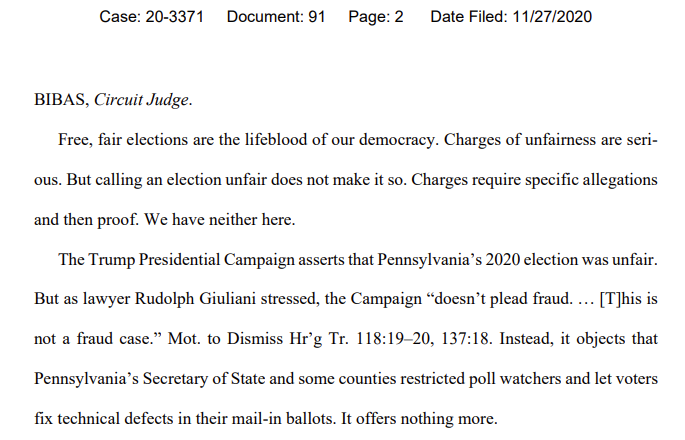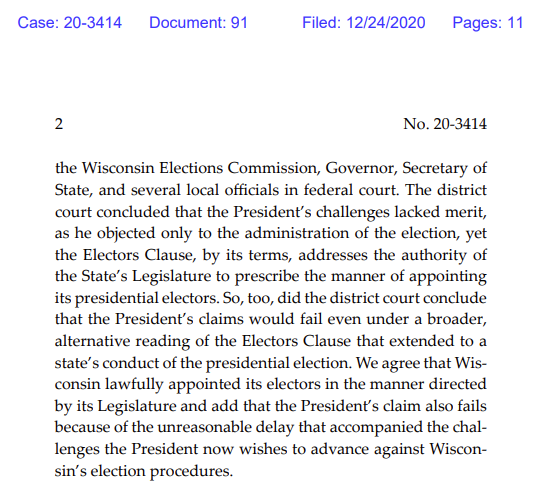
Reminder about all the supposed "norms" of the Senate: in 2001, when the Senate Parliamentarian "made it harder for the GOP to push President Bush's budget and tax cut proposals through the evenly divided body," Republicans simply fired him: washingtonpost.com/archive/politi…
https://twitter.com/LACaldwellDC/status/1365094658792173578
I don't blame the Senate Parliamentarian, the "rules" of reconciliation are a joke.
In terms of "what now?" both options—VP Harris ruling otherwise or a standalone minimum wage bill—boil down entirely to whether 50 Dems would do it, i.e. Manchin & Sinema.
In terms of "what now?" both options—VP Harris ruling otherwise or a standalone minimum wage bill—boil down entirely to whether 50 Dems would do it, i.e. Manchin & Sinema.
https://twitter.com/MaxKennerly/status/1361855284449325059
It's not really up to Harris. Sure, she can disregard the Parliamentarian—but she'll immediately face an appeal of her ruling. If she doesn't have 50 votes to back it up, it's an embarrassing defeat for no reason. The problems here are Manchin & Sinema.
https://twitter.com/RoKhanna/status/1365100463637561352
Theoretically possible, but (a) it has never been done before (b) even Pence didn't do it when he could've in 2017 (c) that will make it easy for Republicans, Manchin, & Sinema to blame Harris for their own obstruction going forward.
Backing up... /1
Backing up... /1
https://twitter.com/pareene/status/1365112233362137090
Here's Sanders in 2017 raising Parliamentarian / Byrd Rule objections. Enzi moves for waiver. Senate debates. Vote taken, 51-48 in favor, which... loses! Because 60 votes are needed to waive the Byrd Rule issue here.
What if the presiding officer had said, "no waiver needed?"
/2



What if the presiding officer had said, "no waiver needed?"
/2




Then the 60 vote burden would've flipped to the side arguing the point of order--in that case, Sanders & Dems. That's what's being asked of Harris.
A chair's ruling on reconciliation has only been appealed twice, in 1993, both failing badly. Here it'd be >50, but still lose.
/3

A chair's ruling on reconciliation has only been appealed twice, in 1993, both failing badly. Here it'd be >50, but still lose.
/3


Here's the problem: things don't end with that vote. Manchin & Sinema could torpedo the bill, which needs a simple majority. But even if they don't, what would they do going forward? Probably whine endlessly and enable Republican filibusters, and all the while /4
blaming Harris for destroying the comity of the Senate blah blah blah with a <50 vote big policy. It's an easy out for them and GOP to keep obstructing.
I agree with Jentleson: don't fight in reconciliation. Bring it to the floor and nuke the filibuster.
I agree with Jentleson: don't fight in reconciliation. Bring it to the floor and nuke the filibuster.
https://twitter.com/AJentleson/status/1365101560360034304
• • •
Missing some Tweet in this thread? You can try to
force a refresh















